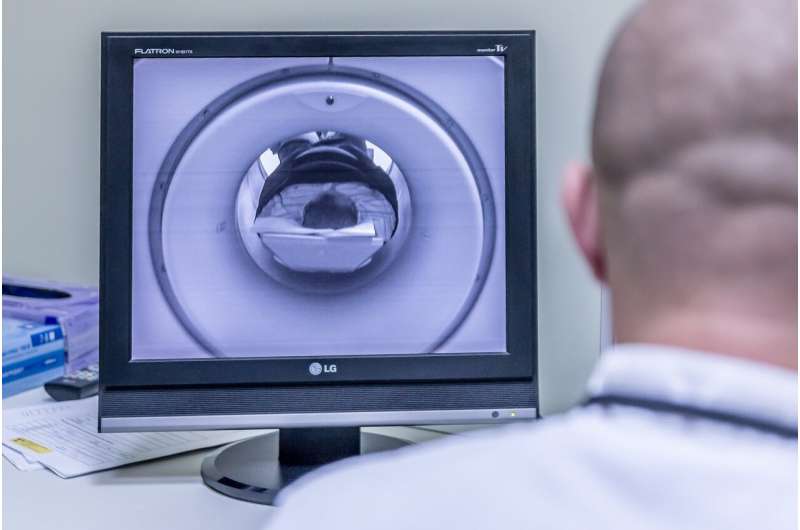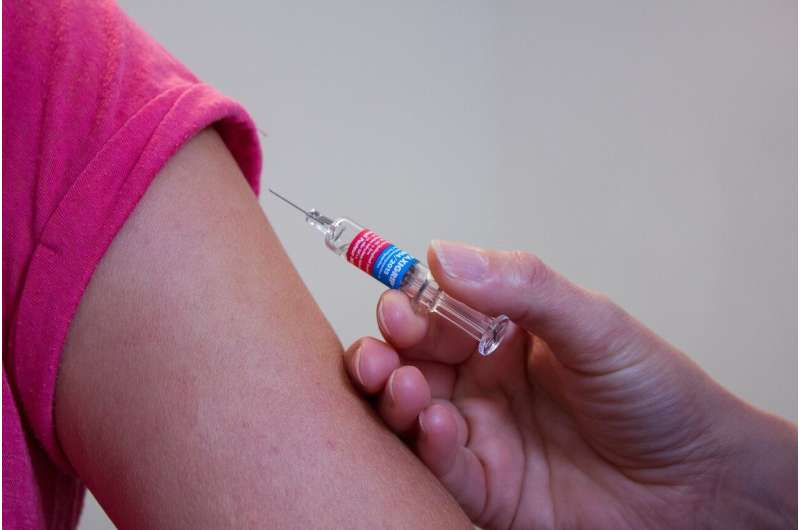Majority of Australian Diagnostic Imaging Clinics Now Owned by For-Profit Corporations, New Study Finds

A new study reveals that over 50% of Australia's diagnostic imaging clinics are owned by for-profit corporations, raising critical concerns about healthcare costs, access, and quality.
A recent comprehensive national audit has highlighted a significant shift in the ownership landscape of Australia's diagnostic imaging sector. The findings reveal that more than half of the imaging clinics across the country are now owned by large for-profit corporations. Led by Dr. Sean Docking from Monash University's School of Public Health and Preventive Medicine, the research uncovered that eight major corporations collectively control 51% of all diagnostic imaging clinics in Australia. This ownership concentration is particularly pronounced in states and territories like South Australia, Tasmania, the Northern Territory, and the Australian Capital Territory, where single companies hold a market share of 30% or more of non-government facilities.
Diagnostic imaging services—including X-ray, ultrasound, and MRI—play a crucial role in early diagnosis and patient care. The sector is valued at approximately $6 billion, making it an attractive investment for private equity and corporate entities. The recent acquisition of private hospital chain Healthscope by private equity investors has intensified scrutiny over this sector.
The dominance of corporate ownership raises numerous concerns regarding healthcare access, cost escalation, service overuse, and whether the financial objectives of these companies align with broader public health goals. Notably, the sale of Australia's leading imaging provider, I-Med, for nearly $3 billion, exemplifies the growing influence of private entities.
Ownership of MRI services, one of the most profitable imaging modalities, is especially concentrated among four companies, which control over half of the Medicare-rebatable MRI clinics nationwide. Since these services largely rely on taxpayer-funded Medicare rebates, there's an urgent need for government oversight to ensure accountability and high-value care.
This research provides a vital foundation for ongoing investigations into how corporatization impacts healthcare delivery and its value to the public. It underscores the importance of balancing private investment with policies that safeguard equitable and cost-effective health services.
Source: https://medicalxpress.com/news/2025-06-reveals-majority-australian-diagnostic-imaging.html
Stay Updated with Mia's Feed
Get the latest health & wellness insights delivered straight to your inbox.
Related Articles
Increasing Dizziness Cases in Minnesota Clinics Reflect Growing Awareness and Treatment Options
Minnesota clinics are seeing a rise in patients seeking care for dizziness and balance issues, driven by an aging population and improved treatment options. Advances in diagnosis and therapy are helping patients manage vertigo and prevent falls. Read more about the growing focus on vestibular health in Minnesota.
Public Support for Childhood Vaccination Requirements Grows Amid Measles Outbreak
Amid a significant measles outbreak, a new survey reveals that 79% of Americans support mandatory childhood vaccinations, emphasizing public commitment to disease prevention and community health.
New Research Connects Gut Health to Fatigue in Post-COVID Syndrome Patients
Recent research links gut health disturbances to persistent fatigue in post-COVID syndrome patients, highlighting immune and intestinal barrier changes as key factors.
Discovery of Key Genes Responsible for Suppressing Blood Cancer Growth Offers New Treatment Possibilities
Australian researchers identify the GATOR1 complex as a crucial tumor suppressor in lymphoma, revealing promising avenues for targeted blood cancer therapies and personalized medicine approaches.



